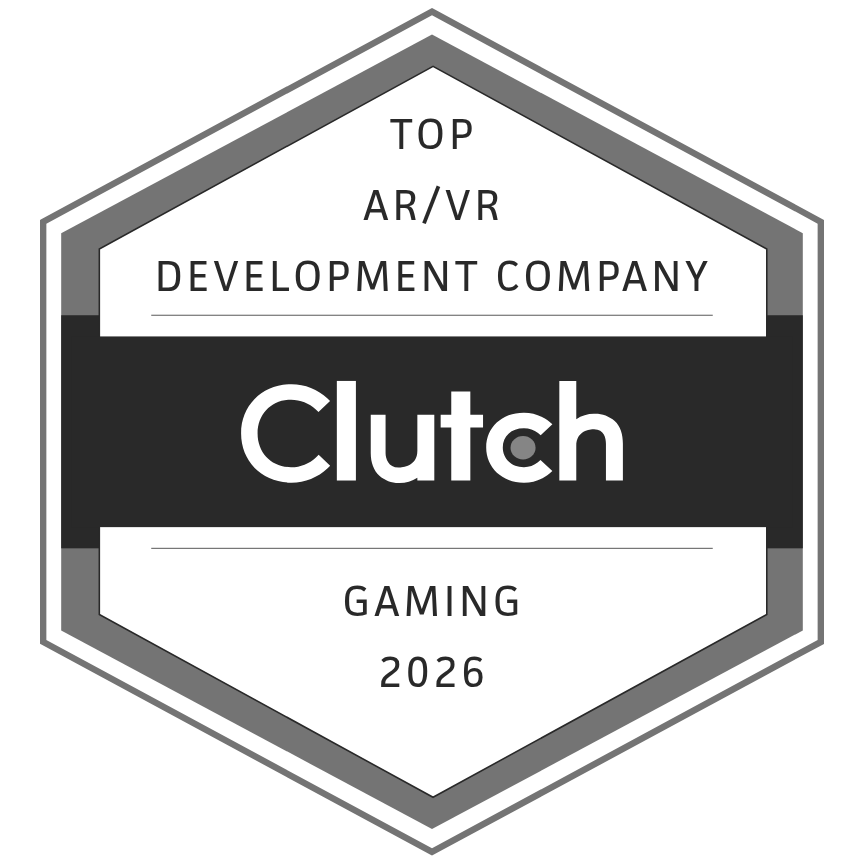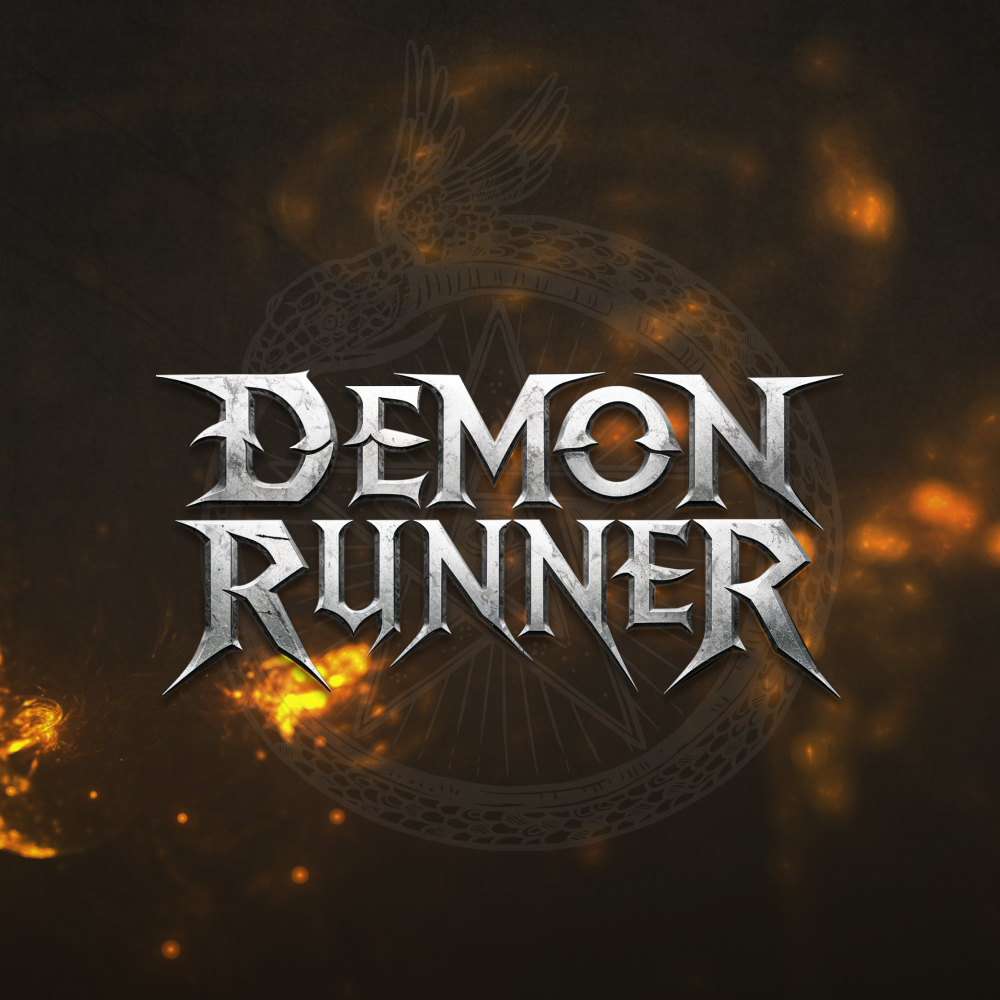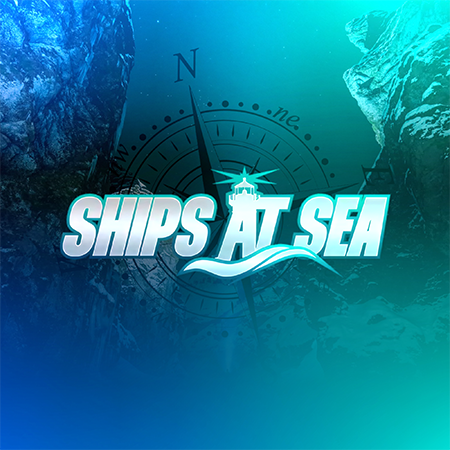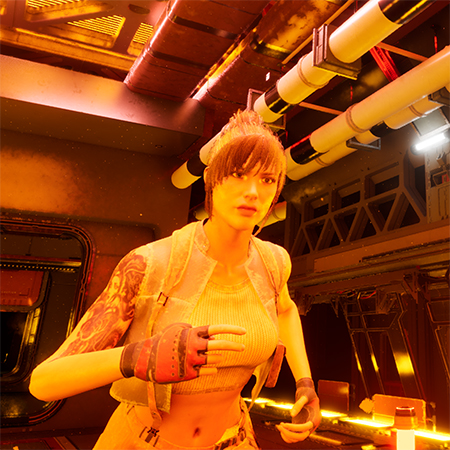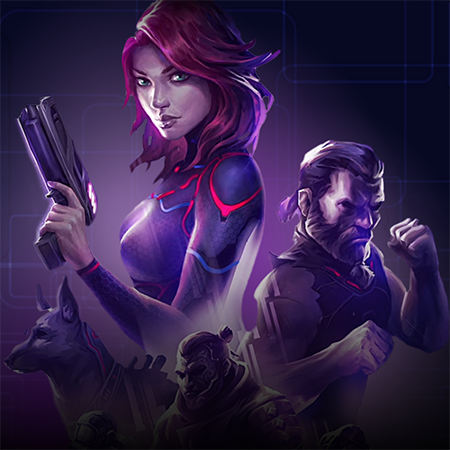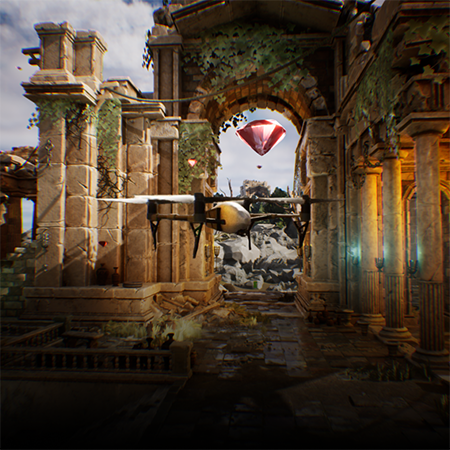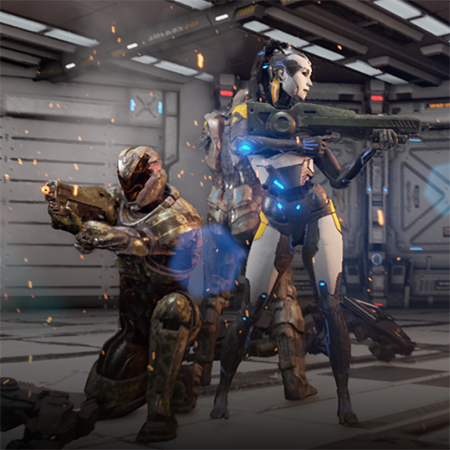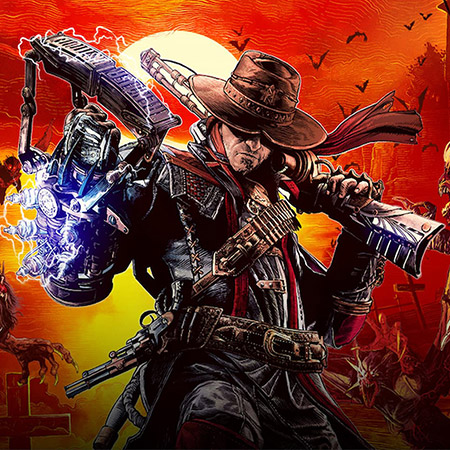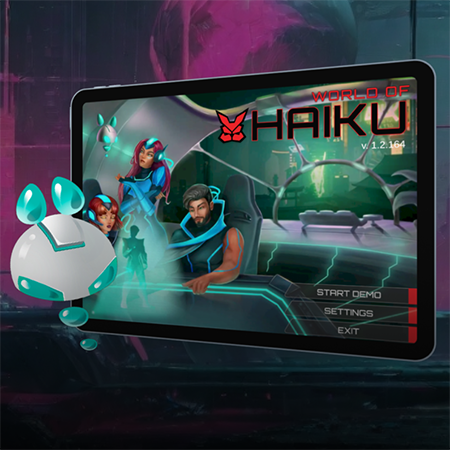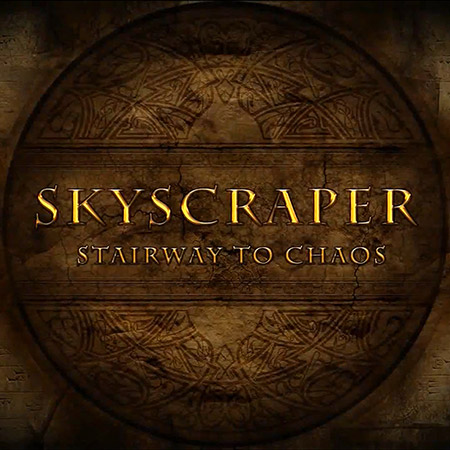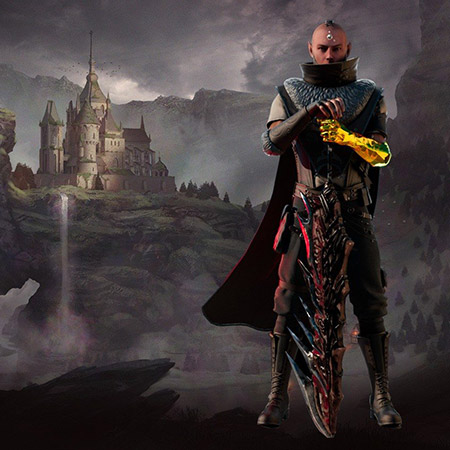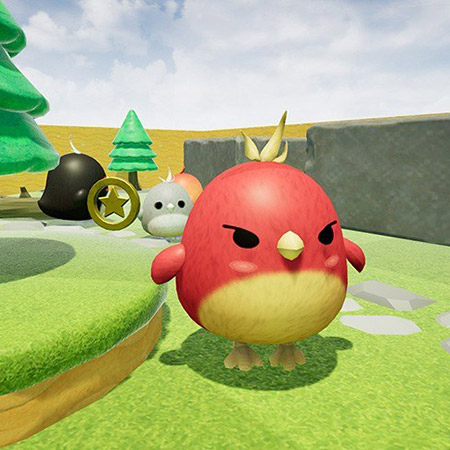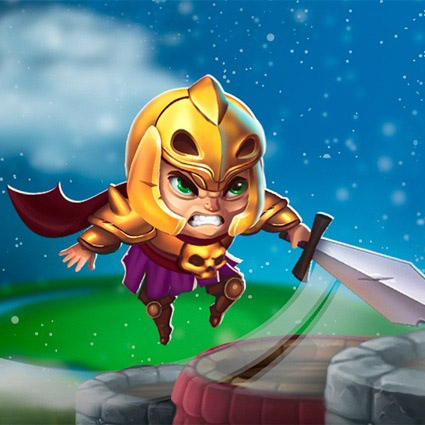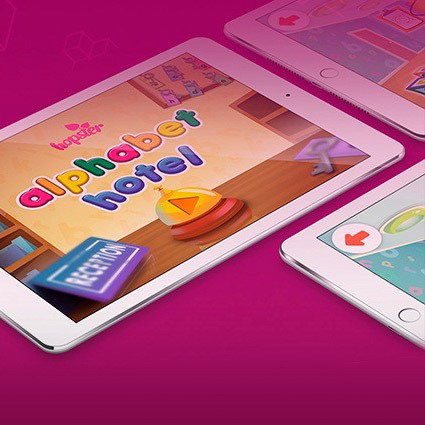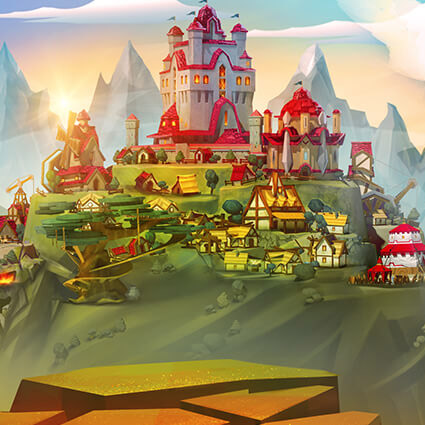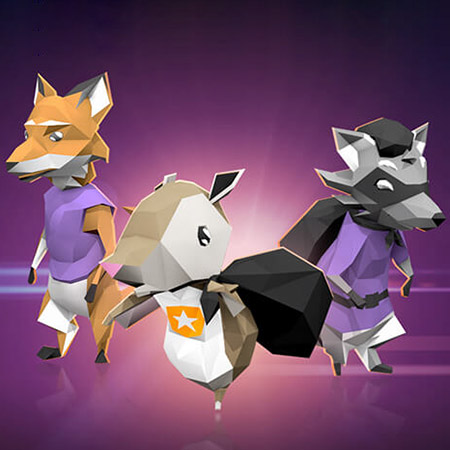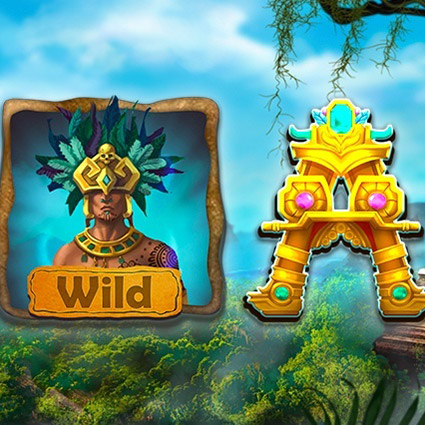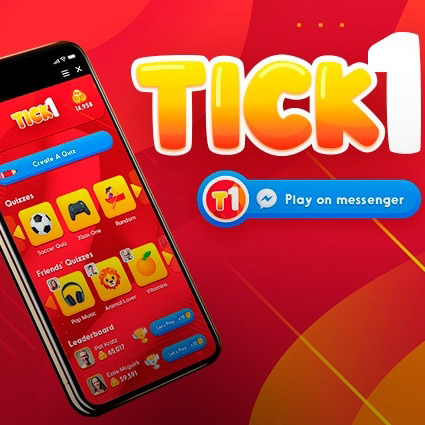Game-Ace developers leverage a comprehensive suite of technologies and tools to deliver top-quality games across genres and platforms. By employing the latest advancements in game engines, programming languages, design software, and development frameworks, our team ensures efficient, engaging, and technically robust solutions for every project. Here’s an overview of the primary technologies and tools our developers utilize:
Game Engines
Our developers work with industry-leading game engines that provide powerful frameworks and libraries for creating rich, interactive experiences across various platforms.
Unity. Highly popular for its flexibility and cross-platform capabilities, Unity supports both 2D and 3D game development. It’s ideal for mobile, VR/AR, and indie games, offering various plugins and resources.
Unreal Engine. Known for its high-performance graphics and real-time rendering, Unreal Engine is favored for large-scale, visually intensive projects, particularly in the AAA gaming space.
Cocos2d. Ideal for 2D game development, Cocos2d provides an open-source framework with high efficiency and lightweight performance, making it popular for mobile and browser-based games with simpler graphics.
Roblox Studio. Designed for user-generated content, Roblox Studio empowers Roblox game developers to create immersive 3D experiences with its accessible tools and Lua scripting language. The platform supports multiplayer environments, enabling developers to produce interactive games that engage millions of players across PC, mobile, and consoles.
Programming Languages
Each game genre or platform may require specific programming languages, which our developers select based on performance and compatibility.
C++. Essential for console and PC games, C++ offers high performance and flexibility, making it ideal for complex gameplay mechanics.
C#. Commonly used with Unity, C# is effective for rapid development and is well-suited for mobile, indie, and VR/AR games.
Python. Often applied for game scripting, prototyping, and tool development, Python’s simplicity and readability speed up the development process.
JavaScript/HTML5. For web-based games, JavaScript and HTML5 deliver cross-browser compatibility, responsive design, and seamless integration with online platforms.
Art and Design Software
Creating high-quality visuals and immersive experiences requires robust design software, which our developers integrate into the workflow to achieve polished, professional results.
Autodesk Maya and 3ds Max. Used for 3D modeling, animation, and rendering, these tools support character and environment creation with precision and depth.
Blender. A versatile open-source tool, Blender provides 3D modeling, sculpting, animation, and VFX capabilities, allowing developers to create intricate assets on a budget.
Adobe Photoshop and Illustrator. Essential for 2D assets, these tools are widely used for creating textures, concept art, and UI/UX design, enhancing the visual appeal of game elements.
Version Control and Collaboration Tools
Efficient teamwork is crucial, especially on complex projects requiring multiple developers. Game-Ace integrates version control and collaboration platforms to ensure smooth coordination. Git-based systems support version control, allowing developers to seamlessly track changes, manage branches, and collaborate on code.
Additional Development Tools
To enhance productivity and streamline the development process, our developers use various other tools specific to game performance and functionality.
Visual Studio. A robust IDE for coding, debugging, and testing, Visual Studio supports multiple programming languages, helping developers manage complex codebases efficiently.
Substance Painter. A popular tool for texturing and shading, Substance Painter enables developers to apply realistic materials and finishes, enhancing visual fidelity.
Our game developers’ familiarity with these technologies and tools enables us to handle diverse project requirements, delivering high-quality, performant games for clients. If you’re interested in learning how our team’s expertise can bring your vision to life, feel free to reach out to our experts to discuss your project.








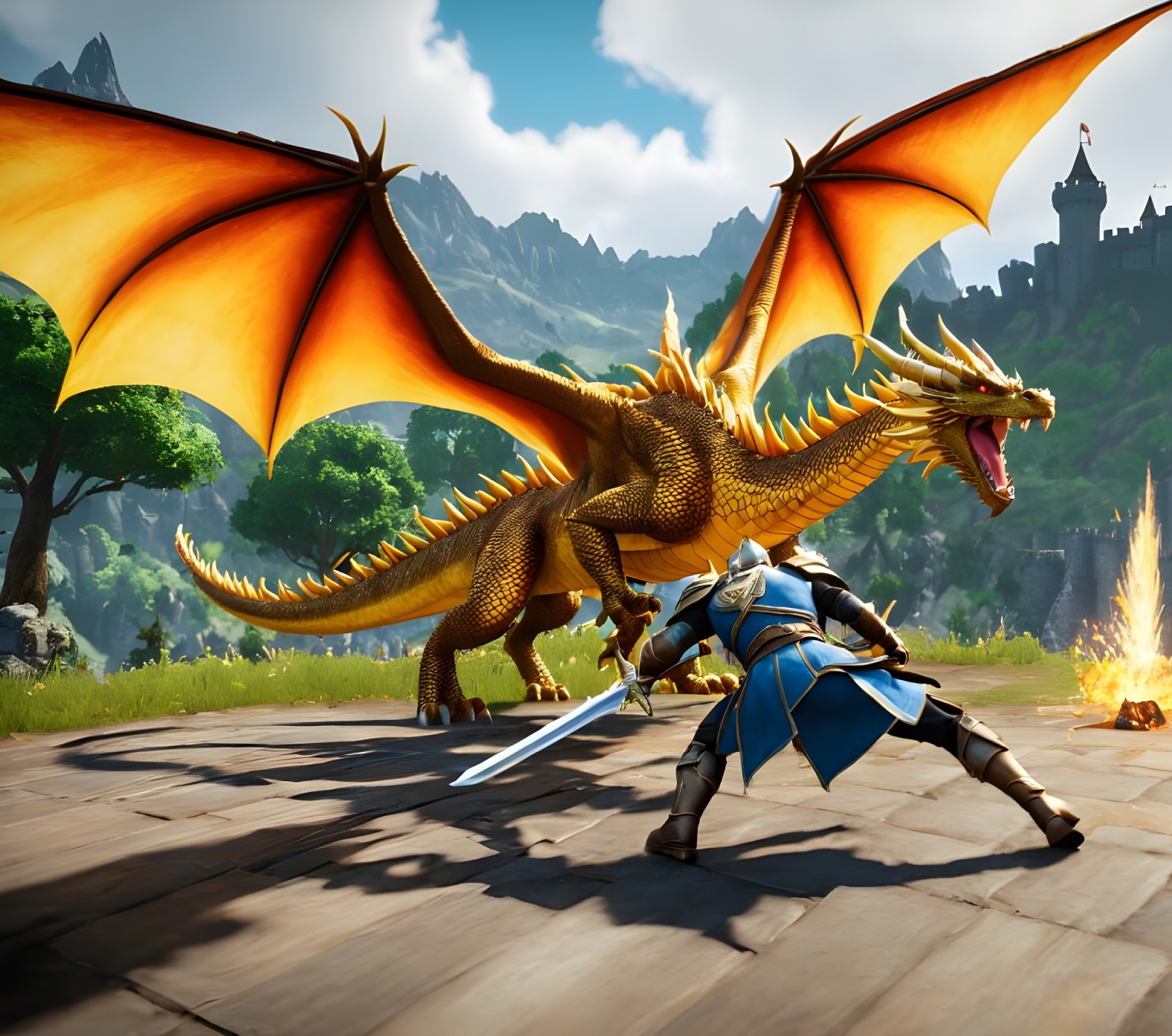

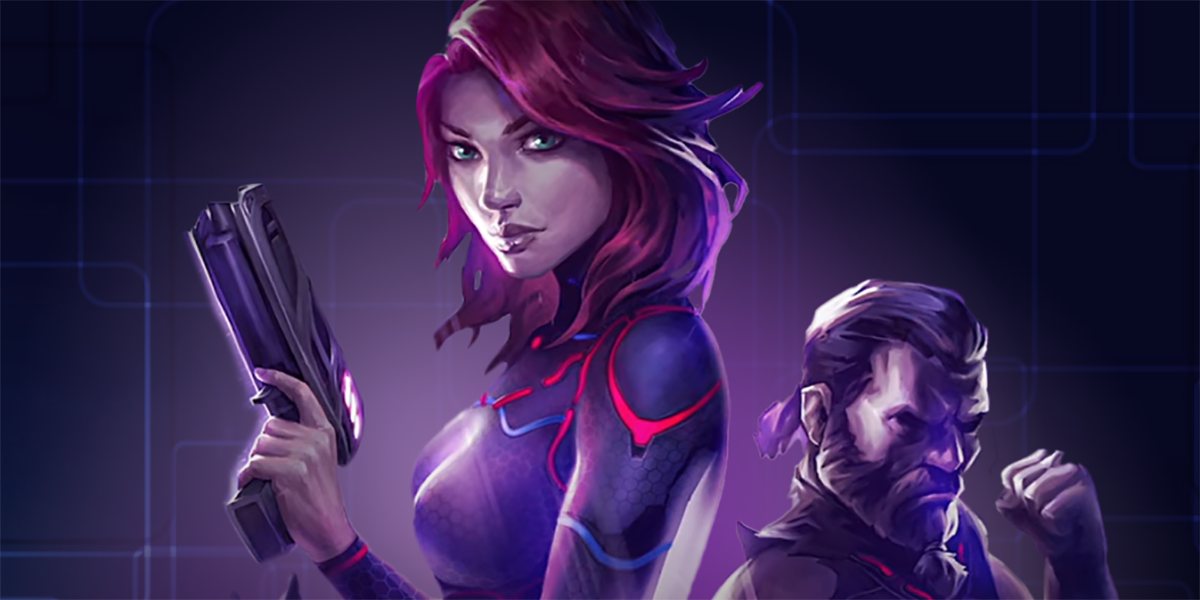 The Protagonist: EX-1
The Protagonist: EX-1
 Farmerama
Farmerama
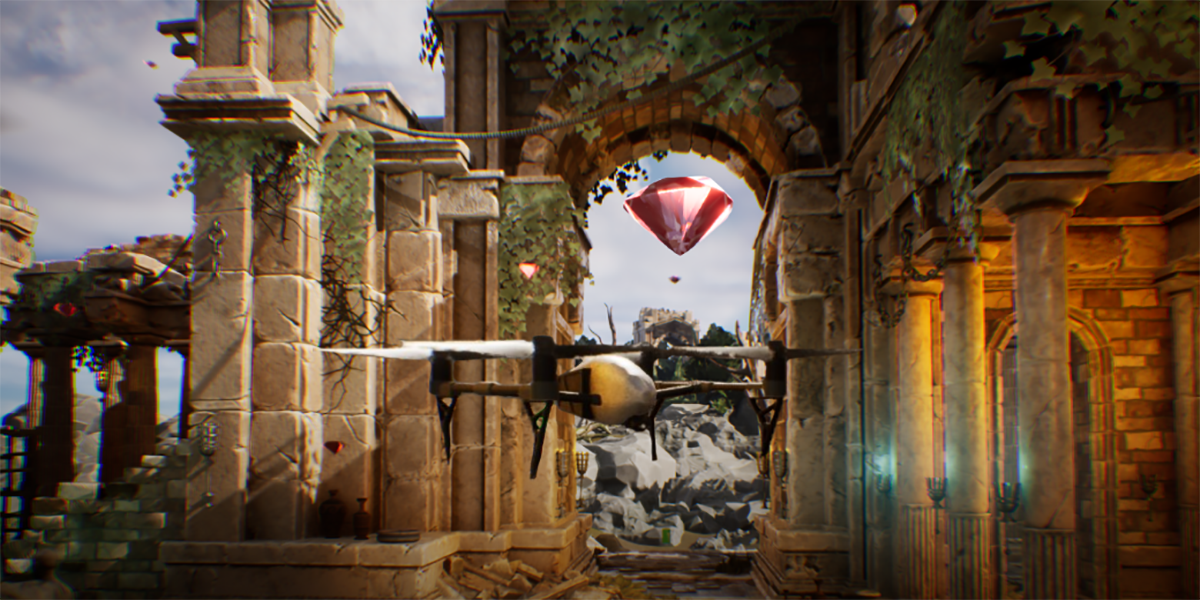 Diamond Drone
Diamond Drone
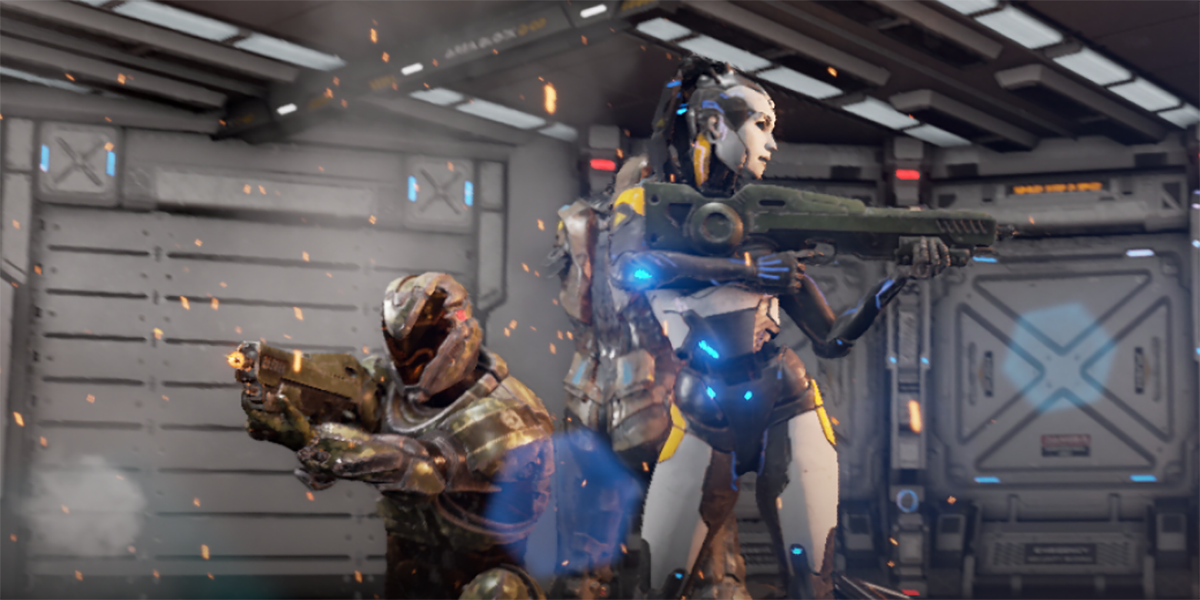 VR Terragame
VR Terragame
 Evil West
Evil West
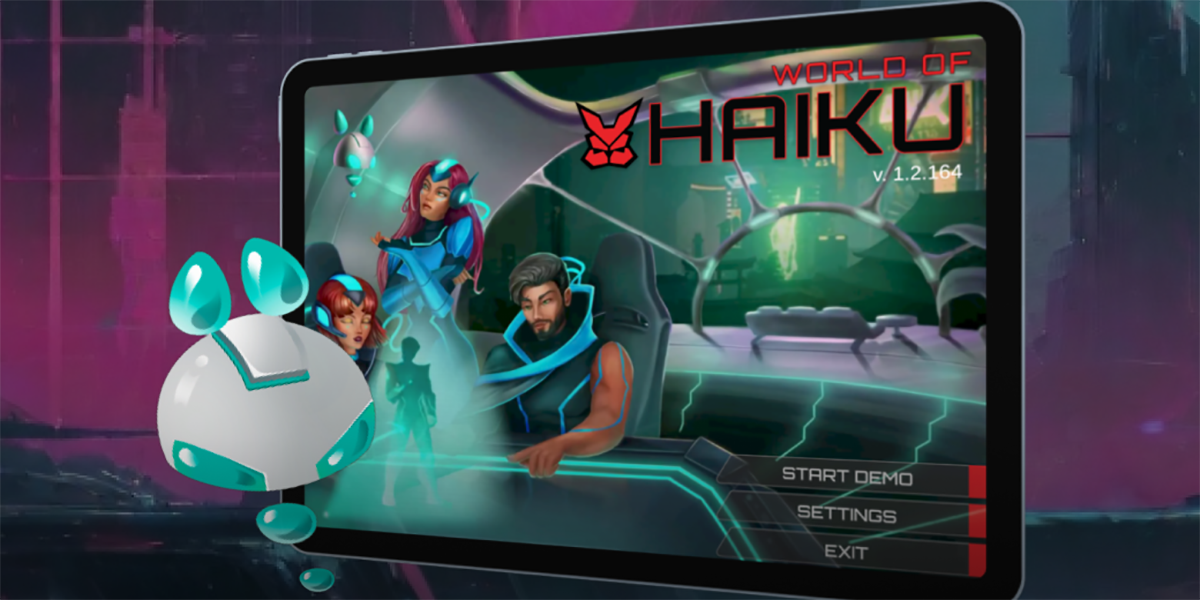 Haiku
Haiku
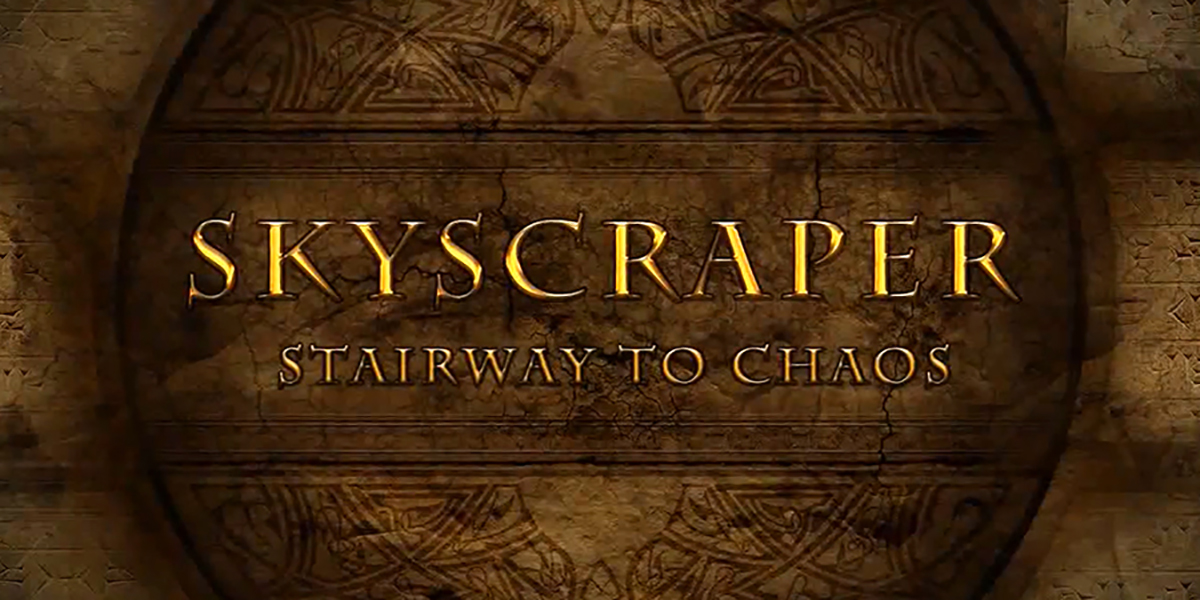 Skyscraper
Skyscraper
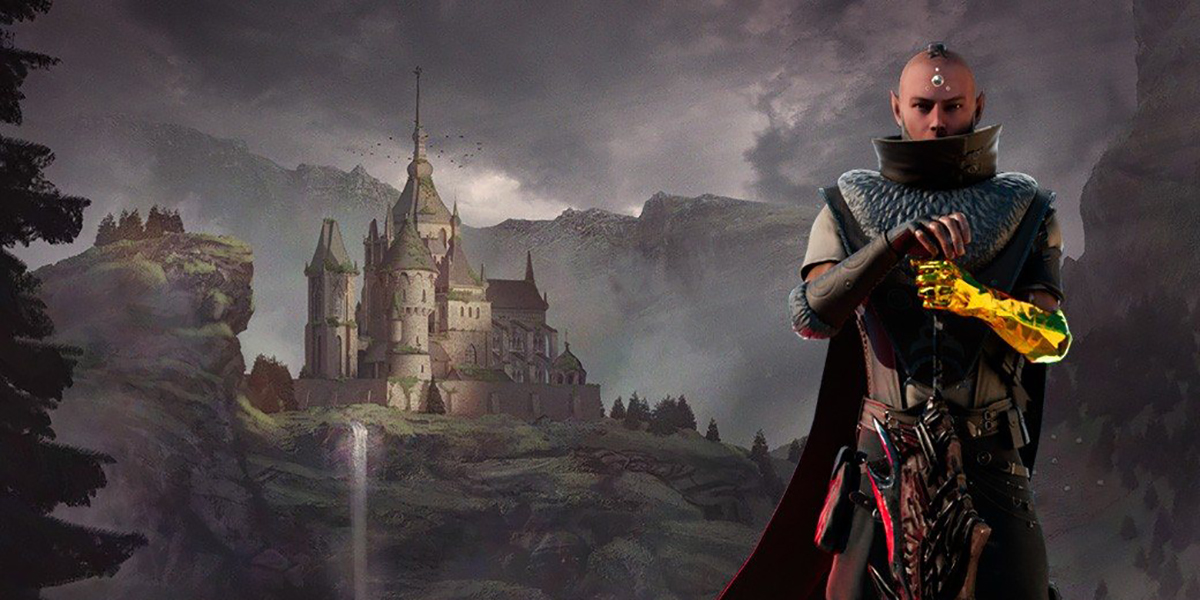 Nomadland NFT Game
Nomadland NFT Game
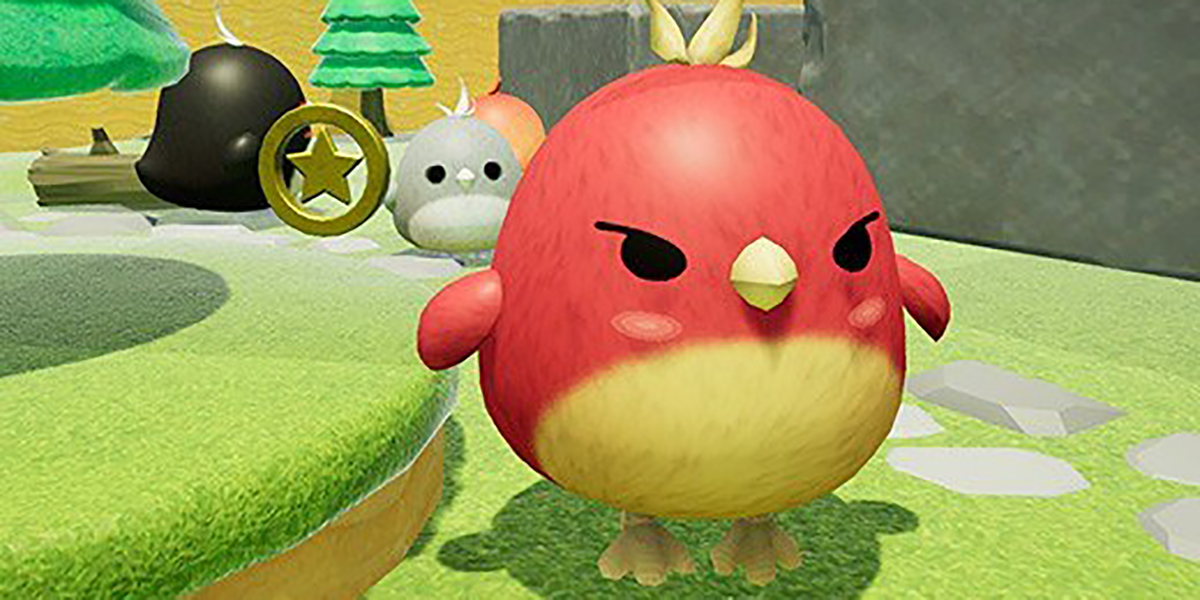 Star Archer VR
Star Archer VR
 Knight - Stack Jump
Knight - Stack Jump
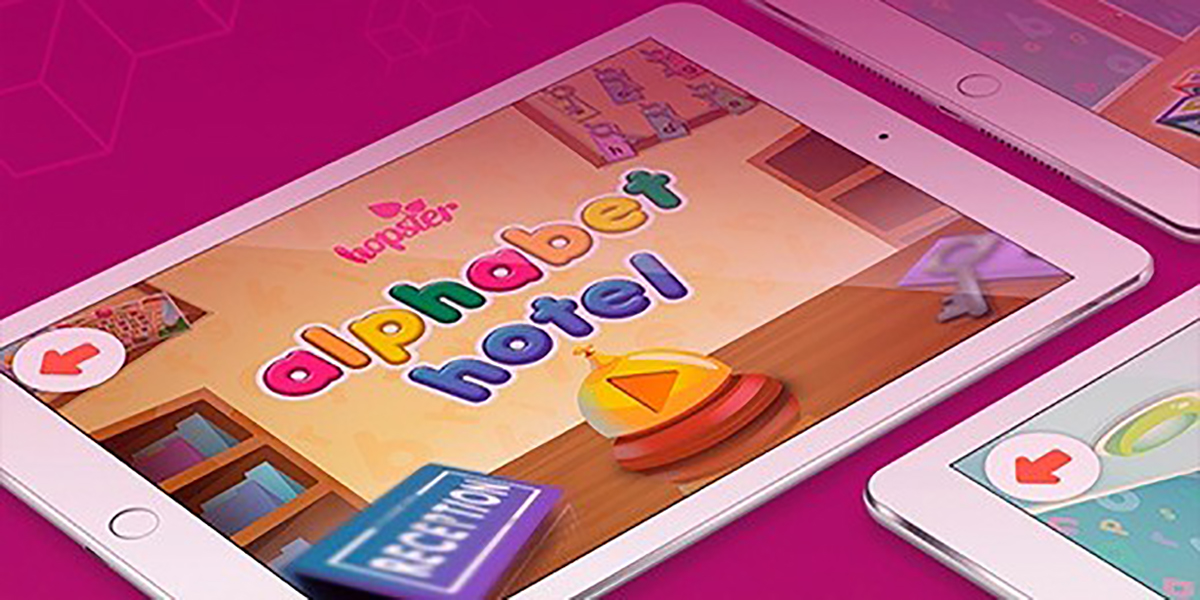 Hopster's Alphabet Hotel
Hopster's Alphabet Hotel










